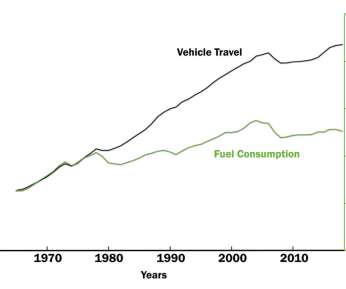CARB releases results of multi-year E15 study; multiple air quality benefits with slight reduction in fuel economy
Green Car Congress
JULY 18, 2022
The study was performed by a team from the University of California at Riverside (UCR) Bourns College of Engineering – Center for Environmental Research and Technology (CE-CERT). The test fleet showed statistically significant effects for some pollutants, but not for others.














Let's personalize your content